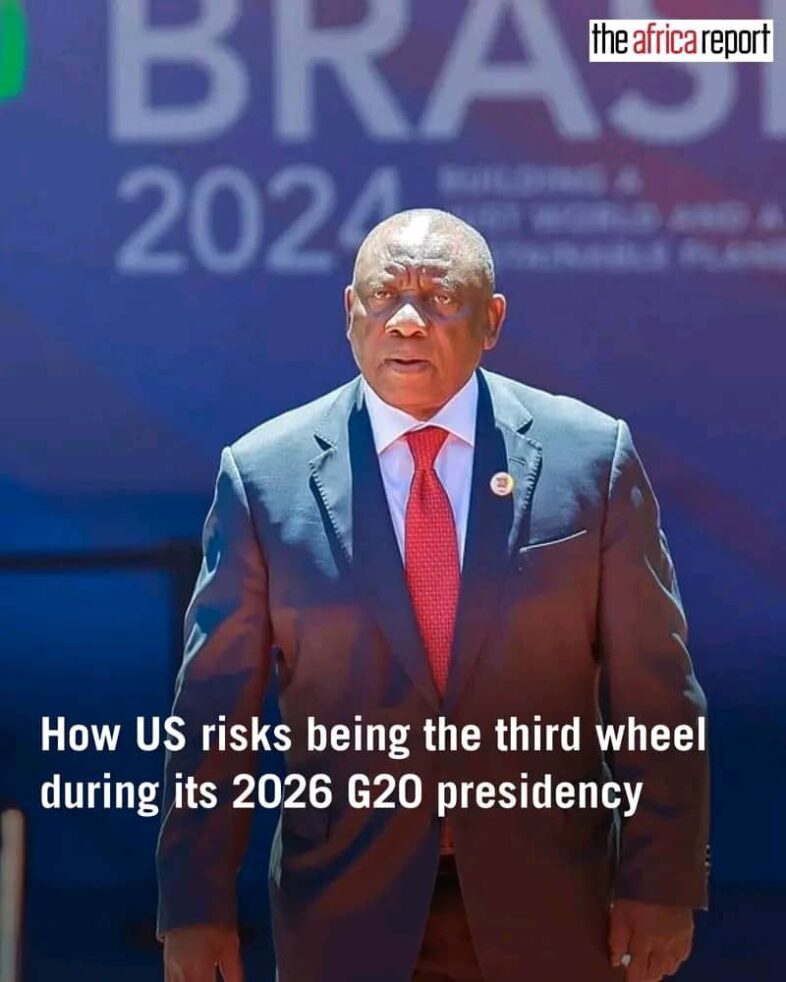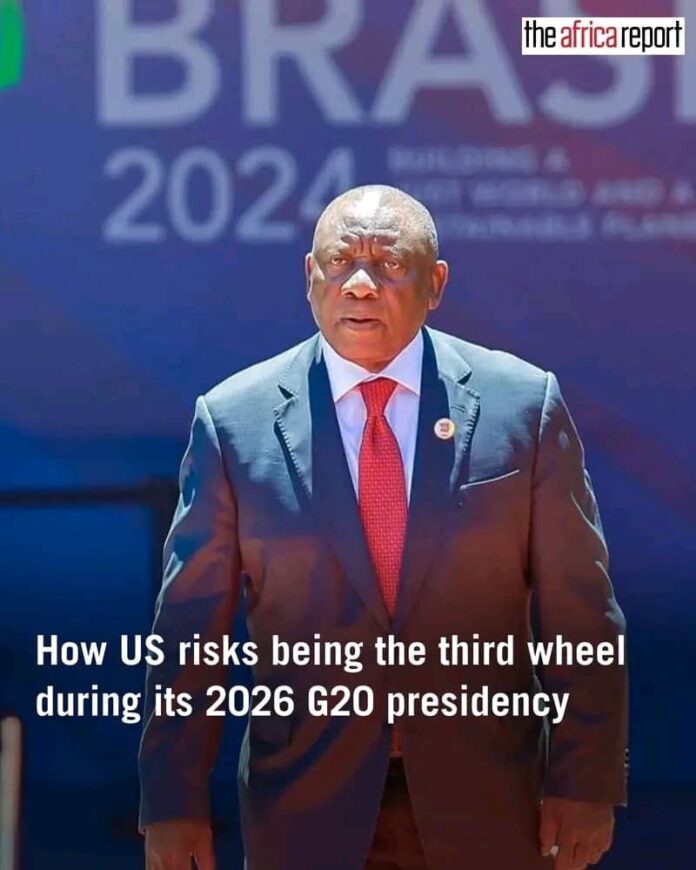By Burnett Munthali
South Africa has long positioned itself as a champion of African interests on the global stage.
The nation’s leadership in promoting regional integration, economic development, and continental diplomacy has created a lasting legacy for Africa.
From hosting international summits to advancing peacekeeping missions, Pretoria has sought to amplify African voices in global decision-making.
However, uncertainty over the United States’ foreign policy agenda in 2026 has sparked concern across the continent.
Observers fear that a return to Trump-era approaches, characterized by a ‘back to basics’ focus, could undermine years of progress made by African nations within global forums.

During the Trump administration, US foreign policy often emphasized unilateral priorities over multilateral engagements.
Such shifts previously disrupted cooperation with African countries on trade, climate change, and security initiatives.
A similar turn in 2026 could threaten ongoing programs and partnerships that South Africa has carefully nurtured.
African governments fear that decades of advocacy for Global South interests might be set back if the US deprioritizes multilateral engagement.
South Africa’s recent initiatives, including leadership in the African Union and involvement in G20 discussions, depend heavily on cooperative international frameworks.
The success of these initiatives has been instrumental in giving African countries leverage in negotiations over trade, debt relief, and climate financing.
An abrupt change in US policy could limit funding, weaken diplomatic influence, and stall regional development projects.
Moreover, uncertainty in Washington may embolden other global powers to advance agendas that bypass African priorities.
This could further complicate South Africa’s efforts to maintain unity within the continent and push for equitable representation in global decision-making.
Regional integration, already a challenging endeavor, could face additional hurdles if key external partners recalibrate their engagement strategies.
South Africa’s policymakers now face the delicate task of safeguarding the country’s African legacy while navigating shifting geopolitical dynamics.
They must balance domestic priorities with the need to maintain strong international partnerships that support sustainable development.
Civil society and think tanks across Africa have highlighted the importance of proactive diplomacy to mitigate potential setbacks.
Engaging with international stakeholders, including the new US administration, will be critical to preserving the momentum of Global South initiatives.
African leaders may also need to diversify partnerships, strengthening ties with emerging economies to reduce dependence on any single power.
Ultimately, the durability of South Africa’s African legacy depends on strategic foresight, resilient diplomacy, and sustained regional cooperation.
Failure to adapt to a potentially altered Washington agenda could jeopardize not only South Africa’s standing but also the broader aspirations of the continent.
As 2026 approaches, the stakes are high, and African nations must remain vigilant to ensure that years of progress are not eroded by external policy shifts.
South Africa’s vision of a united, empowered Africa faces both opportunity and challenge in the uncertain global landscape ahead.



